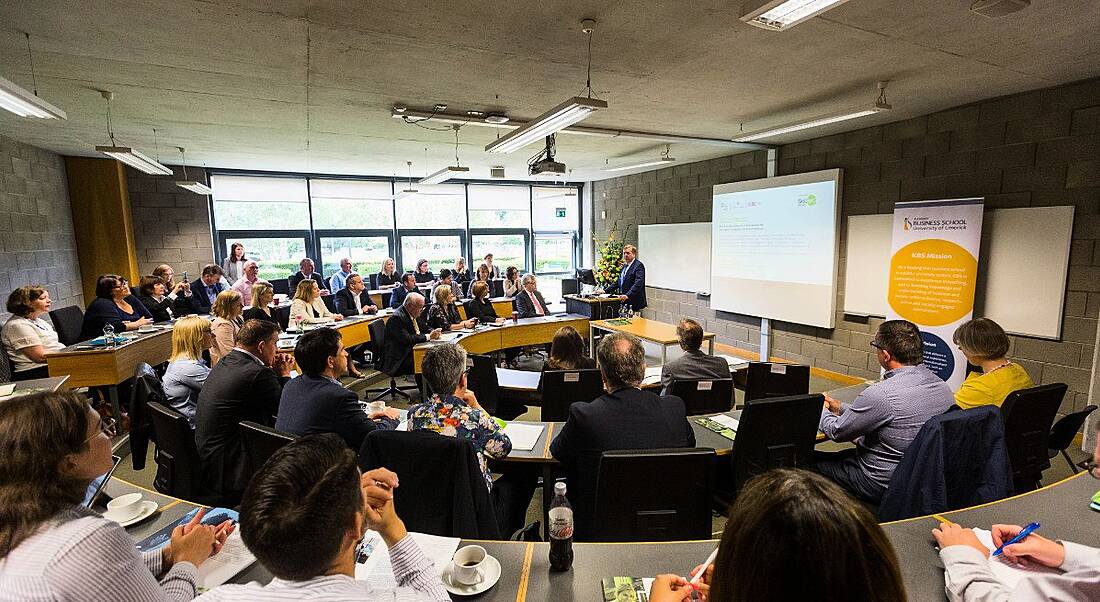A new study has revealed that the way in which skills are applied to tasks, rather than the nature of the skills themselves, will be crucial in keeping future consumers satisfied.
Skillnet Ireland, alongside the Irish Centre for Business Excellence (ICBE) and the Department of Work and Employment Studies in the Kemmy Business School at University of Limerick (UL), has found that as Ireland’s consumer landscape continue to transform on the back of advancements in new technology, so does the changing role of customer experience (CX) employees and the skills they’ll need to keep up.
The final report was launched earlier this year by Minister of State for Trade, Employment and Business Pat Breen, TD, who cited innovation and digitisation as “key to Ireland’s continued economic success”.
Breen also commented on the importance of the new report: “This study is extremely valuable in identifying the key skills needed to equip CX workers for the evolving and new roles that digitisation brings. An openness to upskilling and lifelong learning will help companies and employees to take advantage of the wonderful opportunities that the digital world offers.”
The report includes data gathered from 32 business leaders and 58 CX employees across two large multinational organisations in the financial services and ICT sectors. In-depth leader interviews and focus groups demonstrated that while many of the skills highlighted are by no means new, it is the level and frequency to which they need to be applied that has evolved – or in other words, ‘skill dexterity’.
There have been many phrases introduced to the workforce lexicon in recent years, and skill dexterity is sure to join them. It encompasses many of the ideologies behind those that came before it; creativity, flexibility, time management and deeper understanding are all part and parcel of dexterity. The challenge lies with incorporating it into the daily routines of employees.
Human resource (HR) management is vital here, according to the report. HR teams need to work with organisation leaders to implement real-time learning opportunities, foster positive work environments that encourage CX employees to apply dexterity to their skills, and develop new approaches to designing jobs from the get-go, advise the authors.
Tracey Donnery, Skillnet Ireland executive director, said: “Globally, the CX industry is undergoing a major evolution as a result of advances in technology, particularly automation, artificial intelligence and machine learning. This timely study considers how digitisation is shaping new organisational skills, roles and careers in a CX context, and the need for new leadership skillsets in developing future CX professionals.”
Dr Sarah Kieran, principal investigator and lecturer in HR management at UL, added: “This research concludes that, with the continued development of innovative leadership and workplace practices, there is strong potential to position Ireland’s CX professional at the forefront of our digitally transformed customer solutions offering.”
The next step for the team will be to share findings of the report with relevant stakeholders including participating enterprises, the Department of Education and Skills, industry bodies and employer groups.
To read the report in full, please click here.




